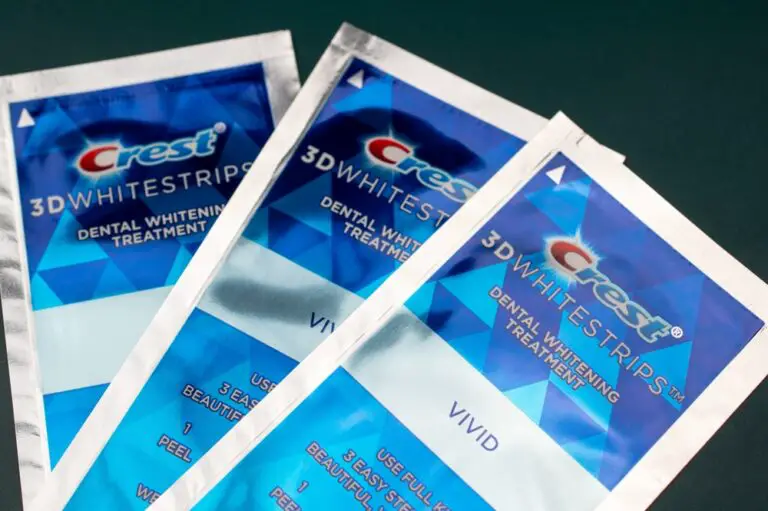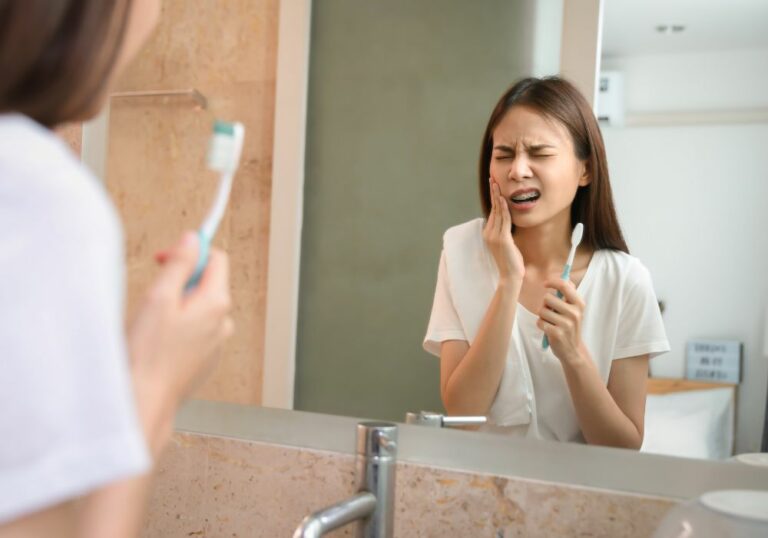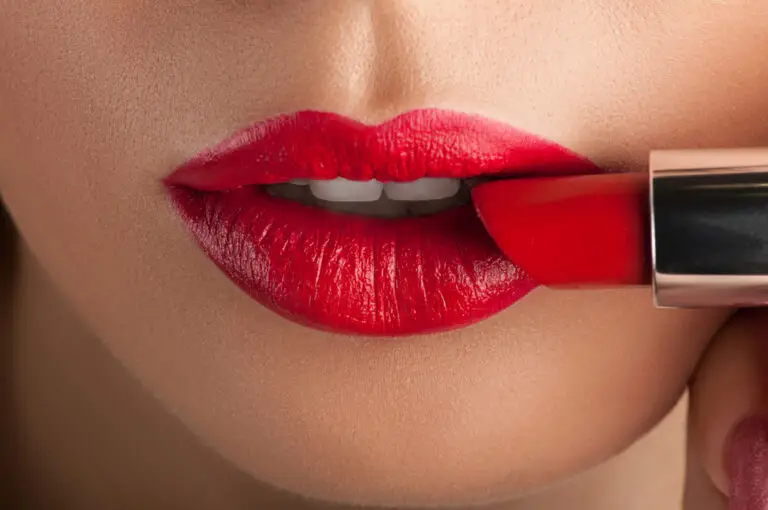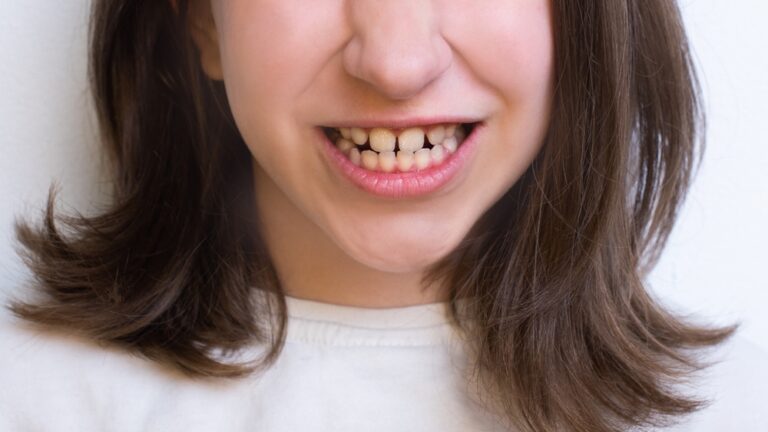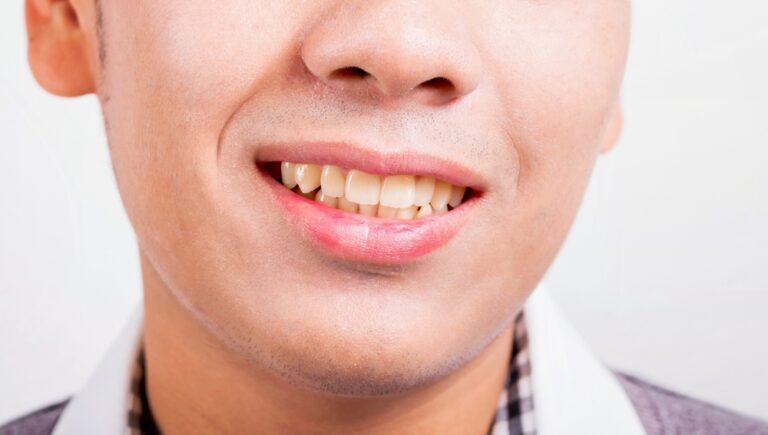Are you wondering if you can brush your teeth before a glucose test? This is a common question many people have before undergoing this type of test. The answer is yes, you can brush your teeth before a glucose test. However, it is important to know what type of glucose test you are having and any specific instructions your doctor may have given you.
If you are having a fasting glucose test, you should not eat or drink anything, except for water, for at least eight hours before the test. You can brush your teeth during this time, but you should avoid swallowing any toothpaste or mouthwash. If you are having an oral glucose tolerance test, you may be instructed to fast for a certain amount of time before the test and then drink a sugary solution. In this case, you should follow the fasting instructions given to you by your doctor and brush your teeth before the test.
Understanding Glucose Tests
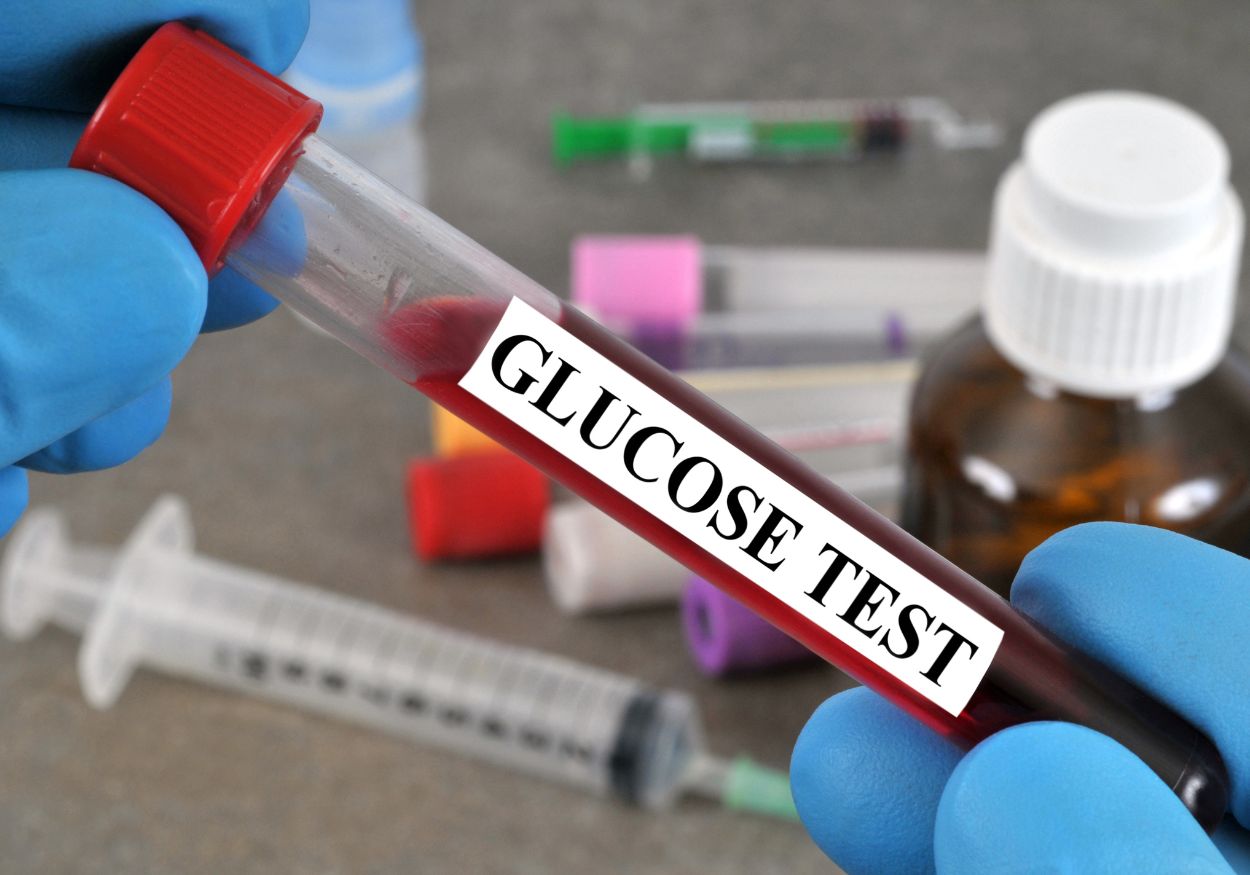
If you have diabetes, you may need to take a glucose test to monitor your blood sugar levels. There are different types of glucose tests, and each one is used for a specific purpose. In this section, we will provide you with a brief overview of glucose tests and what they are used for.
Types of Glucose Tests
- Fasting Plasma Glucose Test (FPG): This test is done after you have fasted for at least 8 hours. It measures your blood sugar level at a single point in time and is used to diagnose diabetes.
- Random Plasma Glucose Test: This test is done at any time of the day, regardless of when you last ate. It is used to diagnose diabetes if you have symptoms such as frequent urination, excessive thirst, and fatigue.
- Oral Glucose Tolerance Test (OGTT): This test is done after you have fasted for at least 8 hours. You will drink a sugary solution, and your blood sugar levels will be measured at different intervals. It is used to diagnose diabetes and gestational diabetes.
Can You Brush Your Teeth Before a Glucose Test?
Yes, you can brush your teeth before a glucose test. However, you should avoid using toothpaste that contains sugar or any other sweeteners. These can affect your blood sugar levels and give inaccurate results.
It is also important to note that you should not eat or drink anything (other than water) for at least 8 hours before a fasting glucose test. This includes gum, mints, and other foods and beverages. If you need to take medications, ask your doctor if you should take them before or after the test.
In summary, glucose tests are important for monitoring blood sugar levels in people with diabetes. There are different types of glucose tests, and each one is used for a specific purpose. You can brush your teeth before a glucose test, but avoid using toothpaste that contains sugar or sweeteners. And remember to follow the fasting instructions given by your doctor to ensure accurate results.
Importance of Fasting Before a Glucose Test
If you have been asked to take a glucose test, it is important to fast for a specific period before the test. Fasting means that you should not eat or drink anything except water for a certain number of hours before the test. This is because the glucose level in your blood can be affected by what you eat and drink.
Fasting before a glucose test helps to ensure that the test results are accurate and reliable. The glucose test measures the amount of glucose in your blood, and if you eat or drink anything before the test, it can affect the results. For example, if you eat a high-carbohydrate meal before the test, your glucose level can be higher than it would be if you fasted.
The length of time you need to fast before the glucose test can vary depending on the type of test and your healthcare provider’s instructions. In general, you may need to fast for at least 8 to 12 hours before the test. Your healthcare provider will give you specific instructions on how long you should fast before the test.
It is also important to note that brushing your teeth or using mouthwash before the test does not affect the results. However, you should avoid swallowing any toothpaste or mouthwash, as this can affect the accuracy of the test.
In summary, fasting before a glucose test is important to ensure that the test results are accurate and reliable. It is important to follow your healthcare provider’s instructions on how long to fast before the test and to avoid eating or drinking anything except water during the fasting period.
Impact of Brushing Teeth on Glucose Test
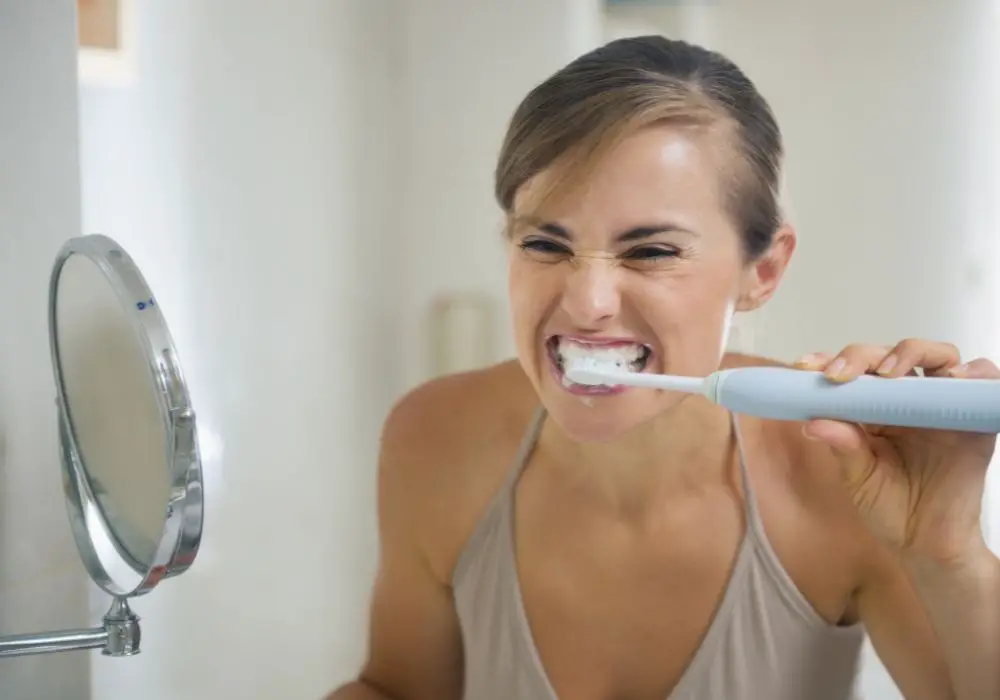
When preparing for a glucose test, it’s common to wonder whether brushing your teeth will affect the results. The good news is that brushing your teeth before a glucose test won’t affect the accuracy of the test results. In fact, it’s recommended that you brush your teeth before the test to maintain good oral hygiene.
While toothpaste contains sugar, the amount of sugar in toothpaste is not enough to significantly affect blood sugar levels. Additionally, the sugar in toothpaste is not absorbed into the bloodstream, so it won’t affect the results of a glucose test.
However, it’s important to note that if you use mouthwash or chew gum that contains sugar before the test, it can affect the results. This is because the sugar in these products can be absorbed into the bloodstream and cause a temporary increase in blood sugar levels.
In summary, brushing your teeth before a glucose test is perfectly fine and won’t affect the accuracy of the test results. Just make sure to avoid using mouthwash or chewing gum that contains sugar before the test to ensure accurate results.
Ingredients in Toothpaste and Their Effects
When it comes to brushing your teeth before a glucose test, you might be wondering if the ingredients in your toothpaste could affect the results. Here is a breakdown of some common toothpaste ingredients and their effects:
Fluoride
Fluoride is a mineral that helps prevent tooth decay. It is found in most toothpaste brands and is safe to use before a glucose test. However, if you are allergic to fluoride or have been instructed by your doctor to avoid it, be sure to choose a fluoride-free toothpaste.
Abrasives
Abrasives are particles found in toothpaste that help remove plaque and stains from teeth. Some common abrasives include silica, calcium carbonate, and baking soda. While these ingredients are safe to use before a glucose test, be aware that they can cause minor scratches on tooth enamel if you brush too hard.
Sweeteners
Many toothpaste brands use sweeteners like sorbitol or xylitol to improve the taste of their product. While these ingredients are safe to use before a glucose test, be aware that they can cause a slight increase in blood sugar levels if ingested in large amounts.
Other Ingredients
Other ingredients commonly found in toothpaste include detergents, preservatives, and flavorings. These ingredients are generally safe to use before a glucose test, but if you have any concerns, be sure to check with your doctor or dentist.
Overall, brushing your teeth before a glucose test is safe and recommended. Just be sure to choose a toothpaste that is appropriate for your needs and follow proper brushing techniques to avoid any potential damage to your teeth.
Alternative Oral Hygiene Methods Before Glucose Test
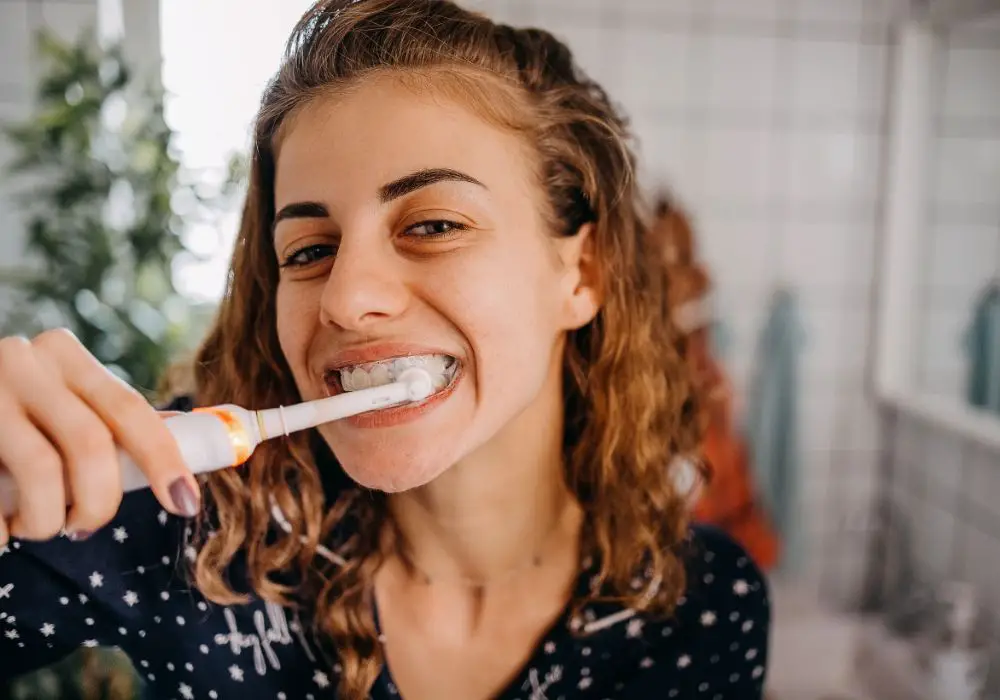
If you are wondering whether you can brush your teeth before a glucose test, the answer is yes. However, it is recommended that you avoid using toothpaste with sugar or any other sweeteners as it might affect the test results.
If you are concerned about the taste in your mouth, you can rinse your mouth with water before the test. Here are some alternative oral hygiene methods that you can use before a glucose test:
Oil Pulling
Oil pulling is an ancient Ayurvedic practice that involves swishing oil in your mouth for a few minutes. It is believed to improve oral health by removing harmful bacteria and promoting healthy gums. You can use coconut oil, sesame oil, or any other edible oil for oil pulling.
To do oil pulling, follow these steps:
- Take a tablespoon of oil in your mouth
- Swish it in your mouth for 10-15 minutes
- Spit it out in the trash (not in the sink)
- Rinse your mouth with water
Water Flossing
Water flossing is an effective way to clean your teeth and gums without using traditional floss. It uses a stream of water to remove food particles and plaque from between your teeth and gums. You can use a water flosser to clean your teeth before the glucose test.
To use a water flosser, follow these steps:
- Fill the water reservoir with warm water
- Choose a low or medium pressure setting
- Place the tip of the flosser in your mouth
- Aim the stream of water between your teeth and gums
- Move the tip along your gum line and between your teeth
Tongue Scraping
Tongue scraping is a simple and effective way to remove bacteria and debris from your tongue. It can help improve your breath and overall oral hygiene. You can use a tongue scraper to clean your tongue before the glucose test.
To use a tongue scraper, follow these steps:
- Hold the scraper with both hands
- Place the scraper at the back of your tongue
- Gently scrape forward to the tip of your tongue
- Rinse the scraper with water after each scrape
- Repeat until your tongue feels clean
By using these alternative oral hygiene methods, you can ensure that your mouth is clean before the glucose test without affecting the test results.
Professional Medical Advice
When it comes to preparing for a glucose test, it’s important to follow the instructions provided by your healthcare provider. However, there are some common questions that patients have, such as whether or not they can brush their teeth before the test.
According to medical professionals, brushing your teeth before a glucose test should not affect the results. Toothpaste does not contain glucose, so it should not interfere with the accuracy of the test. However, it’s important to avoid swallowing any toothpaste or water during the brushing process, as this could impact the results.
If you have any concerns or questions about preparing for a glucose test, it’s important to speak with your healthcare provider. They can provide you with specific instructions and advice based on your individual needs and medical history.
In addition to brushing your teeth, there are other steps you can take to prepare for a glucose test. These may include fasting for a certain period of time, avoiding specific foods and drinks, and refraining from certain medications or supplements. Your healthcare provider will provide you with specific instructions based on your individual needs.
Overall, it’s important to follow your healthcare provider’s instructions closely when preparing for a glucose test. This will help ensure that the results are accurate and that you receive proper treatment if necessary.
Final Thoughts
In summary, brushing your teeth before a glucose test should not affect the results of the test. However, it is important to follow the fasting instructions provided by your healthcare provider to ensure accurate results.
Remember to avoid eating or drinking anything other than water for 8-10 hours before the test. You can brush your teeth in the morning of the test, but avoid using toothpaste or mouthwash that contains sugar.
If you are taking any medications, make sure to ask your healthcare provider if you should take them before the test. Some medications can affect glucose levels and may need to be adjusted before the test.
Overall, it is important to follow the instructions provided by your healthcare provider to ensure accurate results. If you have any questions or concerns about your glucose test, don’t hesitate to ask your healthcare provider for clarification.
Frequently Asked Questions
Is it okay to brush your teeth before a glucose test?
Yes, it is generally okay to brush your teeth before a glucose test. However, it is important to avoid swallowing any toothpaste or mouthwash, as they may contain sugars that can affect your test results.
What can affect the accuracy of a glucose test?
Several factors can affect the accuracy of a glucose test, including eating or drinking anything other than water, taking certain medications, and not fasting for the recommended amount of time. It is important to follow your doctor’s instructions carefully to ensure accurate results.
What are some things to avoid before a glucose test?
Before a glucose test, it is important to avoid eating or drinking anything other than water for at least 8-10 hours. You should also avoid smoking and strenuous exercise, as they can affect your test results.
Can drinking water affect a glucose test?
Drinking water is generally okay before a glucose test, as long as you do not consume anything else. However, it is important to check with your doctor to see if there are any specific instructions you should follow.
What are the chances of passing the 3-hour glucose test after failing the 1-hour test?
The chances of passing the 3-hour glucose test after failing the 1-hour test can vary depending on several factors, including your age, weight, and overall health. It is important to work closely with your doctor to manage your blood sugar levels and prevent complications.
Can you refuse a glucose test when pregnant?
While it is ultimately up to you to decide whether or not to have a glucose test during pregnancy, it is generally recommended as a routine part of prenatal care. This test can help identify gestational diabetes, which can lead to complications for both you and your baby if left untreated.

